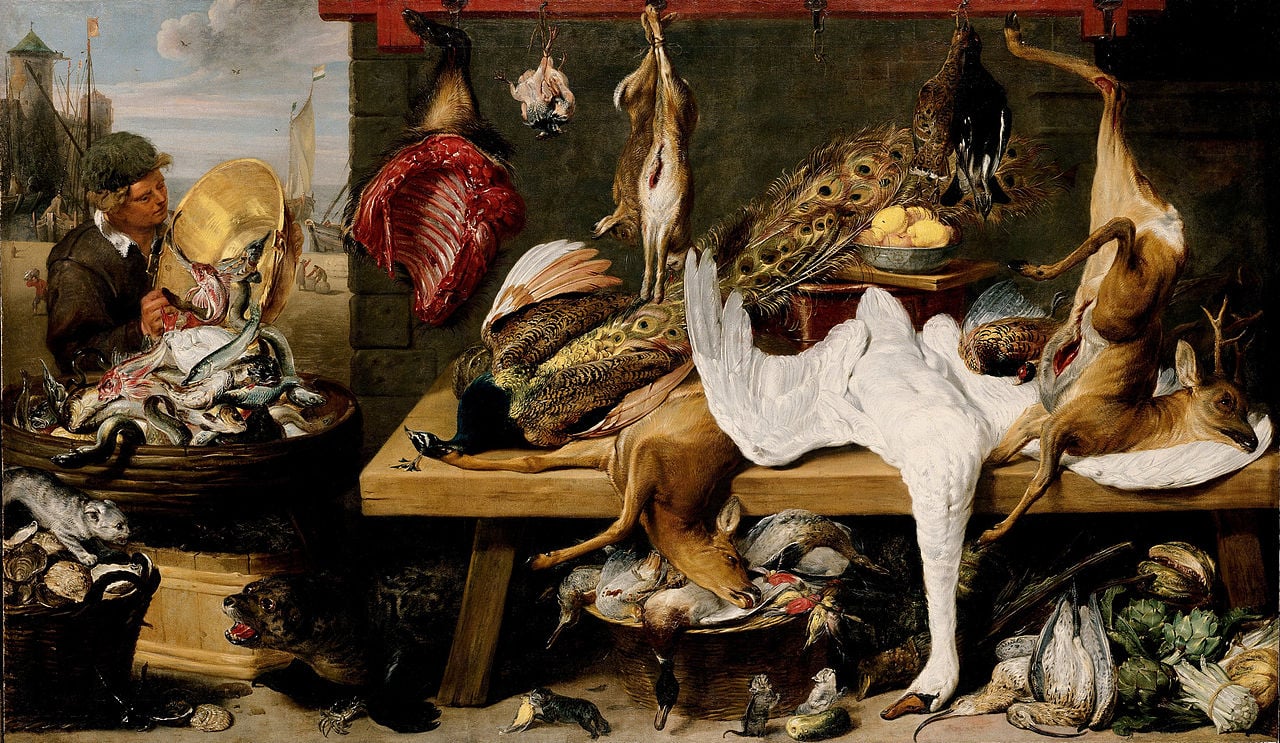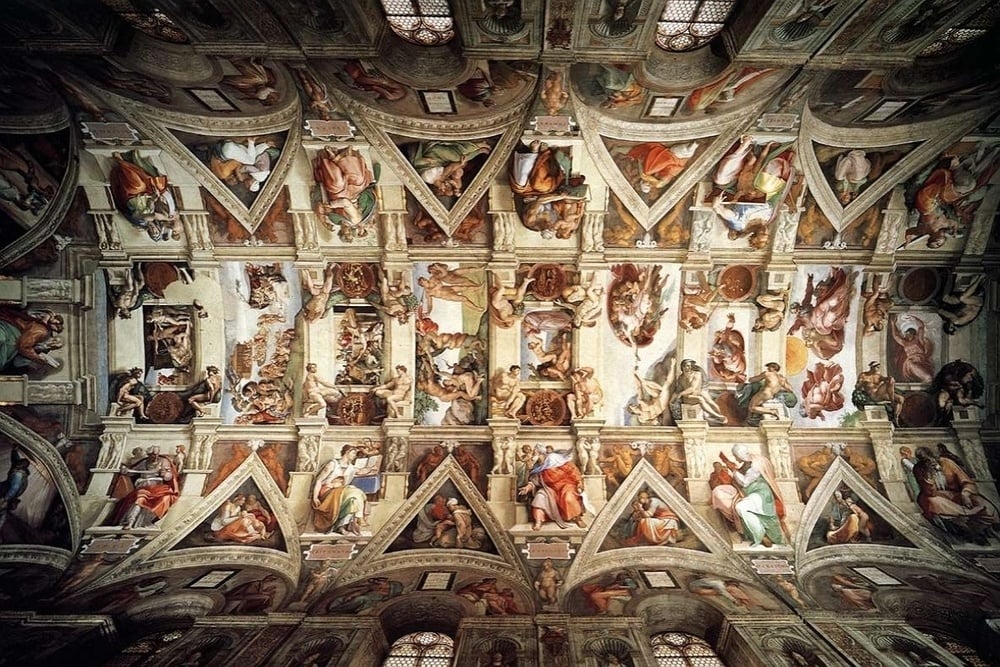
The first turkey recipes appear in the Italian cookbook in L'Opera di Bartolomeo Scappi (who happens to be the protagonist in my novel, The Chef's Secret). Turkeys found their way to Italy during the Renaissance, but it wasn’t until the latter half of the century that they were deemed suitable for eating. As you might know, turkeys are a bird native to the Americas and were prized by the ancient Aztecs and Native Americans alike. Christopher Columbus noted the bird when he first came to America, but it wasn't until around 1519 when Spanish and Italian explorers first brought turkeys to Europe. Initially they were regarded as a beautiful and strange oddity, and many nobles kept them as pets or gave them to others as extravagant gifts. They were loved for their unique look, with artists depicting them in sculpture and paintings. The sculpture you see here, by Italian sculptor Giambologna, is from 1560, of the prized pet of Cosimo di Medici. The Italians called them gallo d'India (or birds of India) because of general geographical confusion by early explorers. Eventually, however, turkeys became even more loved for their delicious and unusual flavor.


